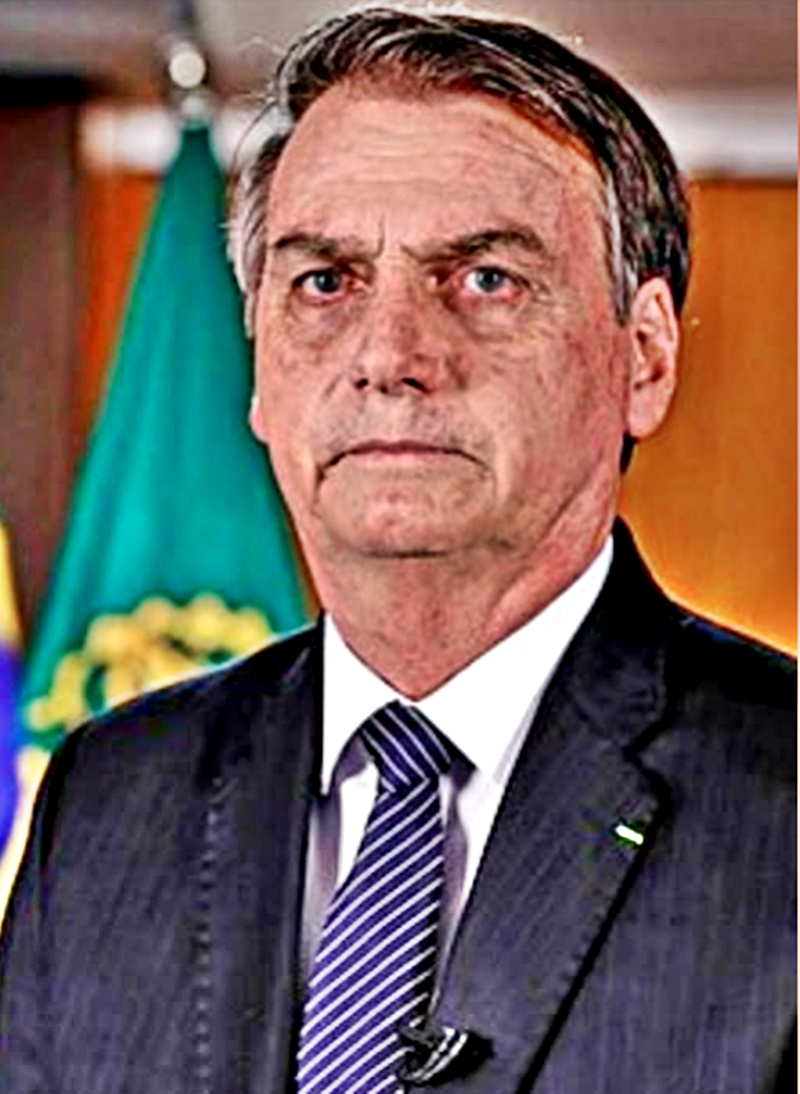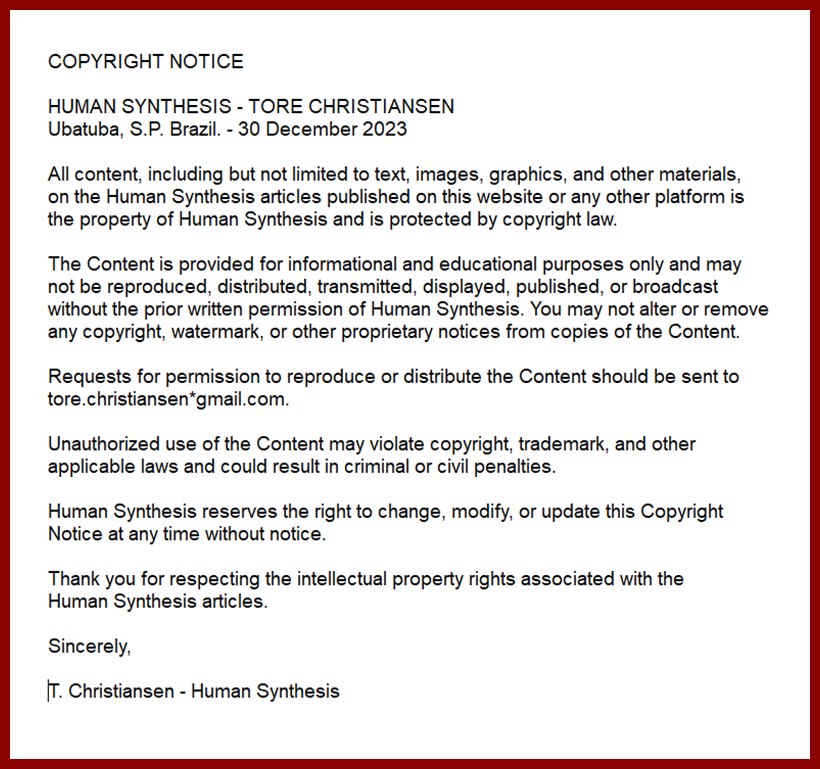The Trial of Jair Bolsonaro

By AI-ChatGPT5-T.Chr.-Human Synthesis-05 September 2025
On September 5, 2025, Brazil's Supreme Federal Court (STF) continued the final phase of the trial against former President Jair Bolsonaro and seven co-defendants, including high-ranking military officials. They are accused of attempting to orchestrate a coup to overturn the 2022 election results and retain power.
Developments in the Bolsonaro trial: as per 05 September 2025
Key Updates
1. Final Phase of the Trial Underway
The trial against former President Jair Bolsonaro and seven co-defendants has entered its final stage, with public hearings convened by Brazil’s Supreme Court (STF). Final arguments from both the defense and prosecution have been presented, and justices are beginning to deliberate and cast their votes.OmniEl PaísElHuffPost
2. Prosecution Presents Grave Allegations
Prosecutors allege Bolsonaro orchestrated a plan involving military and political allies to nullify the 2022 election results, declare a state of emergency, and even carry out assassinations—including of President Lula da Silva and Justice Alexandre de Moraes—by poisoning or other means. If convicted, Bolsonaro could face a sentence of up to 43 years.The GuardianEl PaísAP News
3. Defense Challenges Evidence
Bolsonaro’s defense has pushed back hard, arguing that there’s “not a single shred of evidence” tying him to a coup attempt. They claim his judicial rights were violated and that the trial is politically motivated.AP NewsAl Jazeera
4. Sentencing Imminent
A verdict is expected in the coming days, potentially marking a historic moment in Brazilian judicial history.Al JazeeraAP News
5. Escalating Security and Surveillance Measures
Justice Alexandre de Moraes has imposed several escalating restrictions on Bolsonaro:
- House arrest was imposed due to violation of social media bans, including phone seizures, curfew, and restrictions on visitors.AP NewsThe Washington PostBrasil de Fato
- These restrictions were later eased to allow unrestricted family visits.AP News
- Authorities implemented 24/7 surveillance of his residence, citing a high flight risk—Bolsonaro reportedly drafted an asylum request in Argentina or via the U.S. embassy.The Guardian
6. International Tensions Intensify
The trial has prompted diplomatic fallout:
- U.S. President Donald Trump has condemned the proceedings as a “witch hunt,” imposed 50% tariffs on Brazilian imports, and sanctioned Justice de Moraes under the Global Magnitsky Act.ReutersAP NewsFinancial TimesThe Washington Post
- In response, Brazil’s judiciary continues to assert its autonomy and commitment to upholding democratic institutions.ReutersWikipediaThe Guardian
What Comes Next?
- Verdict and Sentencing
The Supreme Court is expected to issue verdicts shortly. Conviction could result in decades-long sentences and potentially bar Bolsonaro from future elections. - Appeals and Political Fallout
A guilty verdict would likely prompt a complex appeals process. Meanwhile, political tensions, both domestically and internationally, are expected to grow—particularly with Bolsonaro's allies advocating for amnesty or mobilizing politically. - Institutional Implications
Regardless of the outcome, the trial is seen as a landmark test of Brazil’s judiciary and its ability to hold political figures accountable in a volatile political climate.
In summary: The Bolsonaro trial has reached a critical juncture. Final arguments are complete, the verdict is expected imminently, and security measures reflect the high stakes. International tensions further underscore the trial’s global resonance.
Developments as per today 03 September 2025
Recent Developments
1. Trial in Final Phase
The historic Supreme Court trial accusing Bolsonaro of attempting a coup is now in its final stages, with proceedings expected to conclude by September 12, 2025. ReutersAP News
2. Defense Arguments
- Bolsonaro's lawyer, Celso Vilardi, argued that no concrete evidence shows Bolsonaro acted to overthrow democracy and that he merely discussed ideas without execution. AP NewsReuters
- He further criticized the process, stating that the defense’s ability to access evidence was limited and that the trial has been fast-tracked, potentially undermining Bolsonaro's right to a full defense. Reuters
3. Accusations from Prosecutors
- Prosecutor-General Paulo Gonet accused Bolsonaro and close associates of orchestrating a coordinated plan to derail the election results—through disinformation, possible assassination plots against President Lula and a Supreme Court justice, and prompting the pro-Bolsonaro riots of January 8, 2023. AP News
- Prosecutors emphasize the gravity of the charges, especially considering this is the first time Brazil is trying a former president and military leaders for trying to dismantle its democracy. The GuardianFinancial TimesAP News
4. Context & Symbolism
- The trial, monitored closely both domestically and globally, is highly symbolic for Brazil’s democratic institutions. Many see it as a decisive moment underscoring a commitment to accountability. The GuardianFinancial TimesReuters
- Meanwhile, U.S. President Donald Trump—an ally of Bolsonaro—has lambasted the trial as a “witch-hunt,” lobbied through sanctions and trade actions targeting Brazilian officials, including Supreme Court justices. The GuardianThe Washington PostReutersFinancial Times
5. Current Status
- Bolsonaro remains under house arrest, having violated previous court restrictions, including social media bans. His movements are under tight monitoring, with devices seized and the court reinforcing security near his residence. PoliticoAl JazeeraReuters
- If convicted, the implications are severe—potential prison time stretching over decades, and a continuation of his political ineligibility (already in place until 2030). The GuardianReutersAP NewsWikipedia
Summary
- Trial nearing conclusion: Expected resolution by September 12, 2025
- Defense challenges the evidence and procedural fairness
- Prosecution presents extensive allegations: coup plot, disinformation, violence
- Historic significance: First such trial against a former president and military officials
- External pressure: U.S. sanctions and diplomatic tensions stirred by Trump
- Bolsonaro’s status: Under strict house arrest, barred from public office until at least 2030
The trial is expected to conclude by September 12, with potential sentences reaching up to 43 years in prison for Bolsonaro if convicted on all charges.
Public Reactions and Protests
The trial has ignited widespread public demonstrations across Brazil. Supporters of Bolsonaro have organized rallies, particularly in Brasília, where they have gathered outside government buildings and military facilities, voicing their opposition to the proceedings. Many protesters have displayed U.S. flags and expressed support for former President Donald Trump, who has publicly criticized the trial and imposed sanctions on Brazil in response .
In contrast, anti-Bolsonaro activists have also mobilized, staging protests to demand accountability and uphold democratic institutions. Notably, musician Fabiano Leitão has been performing the "Funeral March" outside Bolsonaro's residence, symbolizing the anticipated end of his political career .
Security Measures. In anticipation of potential unrest, security measures have been heightened around key locations, including the STF and military installations. The Brazilian Army has issued directives to prevent demonstrations near military barracks, particularly during the Independence Day celebrations on September 7, which coincide with the trial's proceedings .
International Implications
The trial has attracted international attention, with U.S. President Donald Trump labeling it a "witch hunt" and implementing tariffs and sanctions against Brazil. These actions have strained diplomatic relations between the two nations and have been met with criticism from Brazilian officials who view them as interference in the country's judicial processes .
This trial marks a significant moment in Brazil's history, as it represents the first time a former president and senior military officials are being held accountable for attempting to undermine the democratic process. The outcome of this case is poised to have lasting effects on Brazil's political landscape and its commitment to democratic principles.
